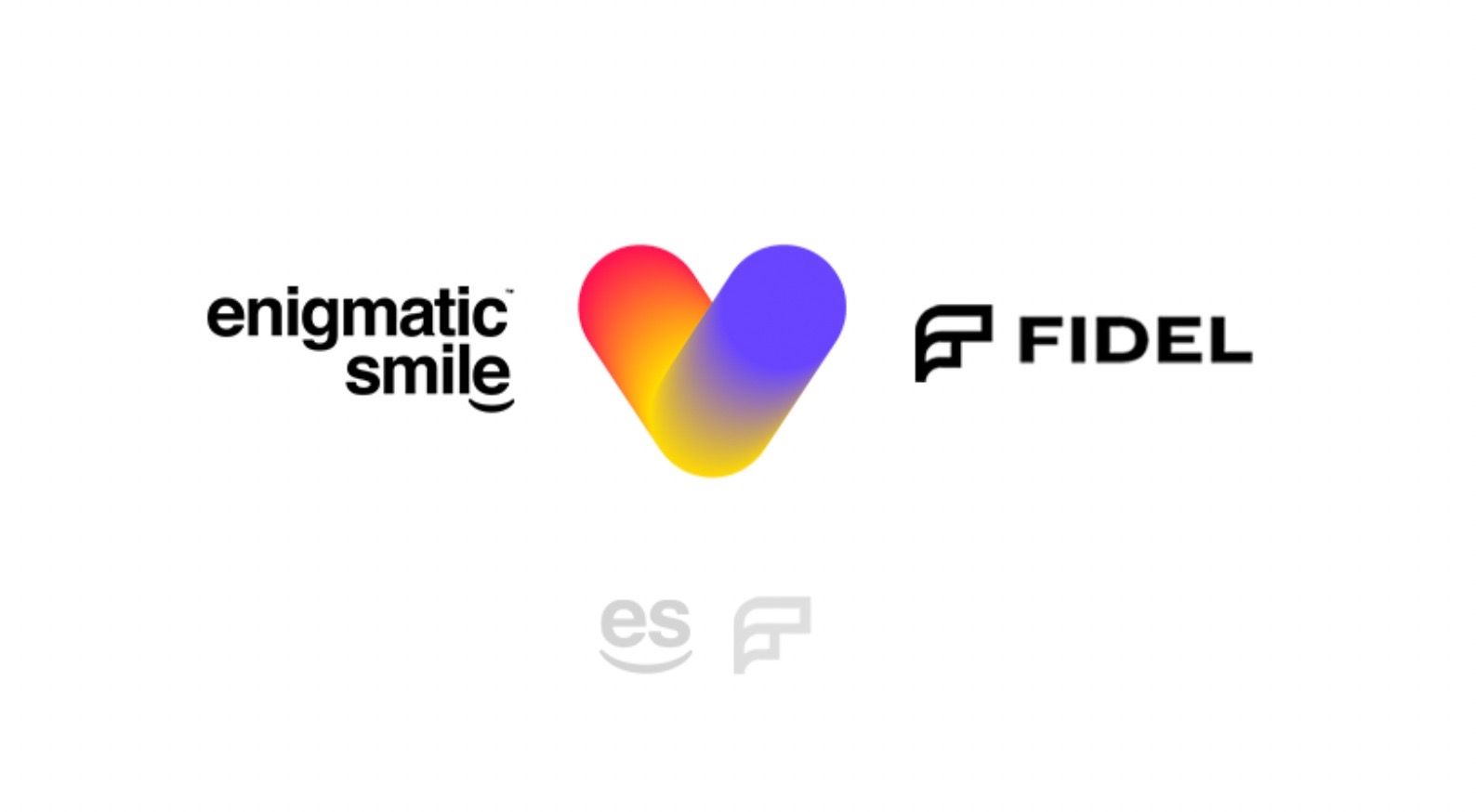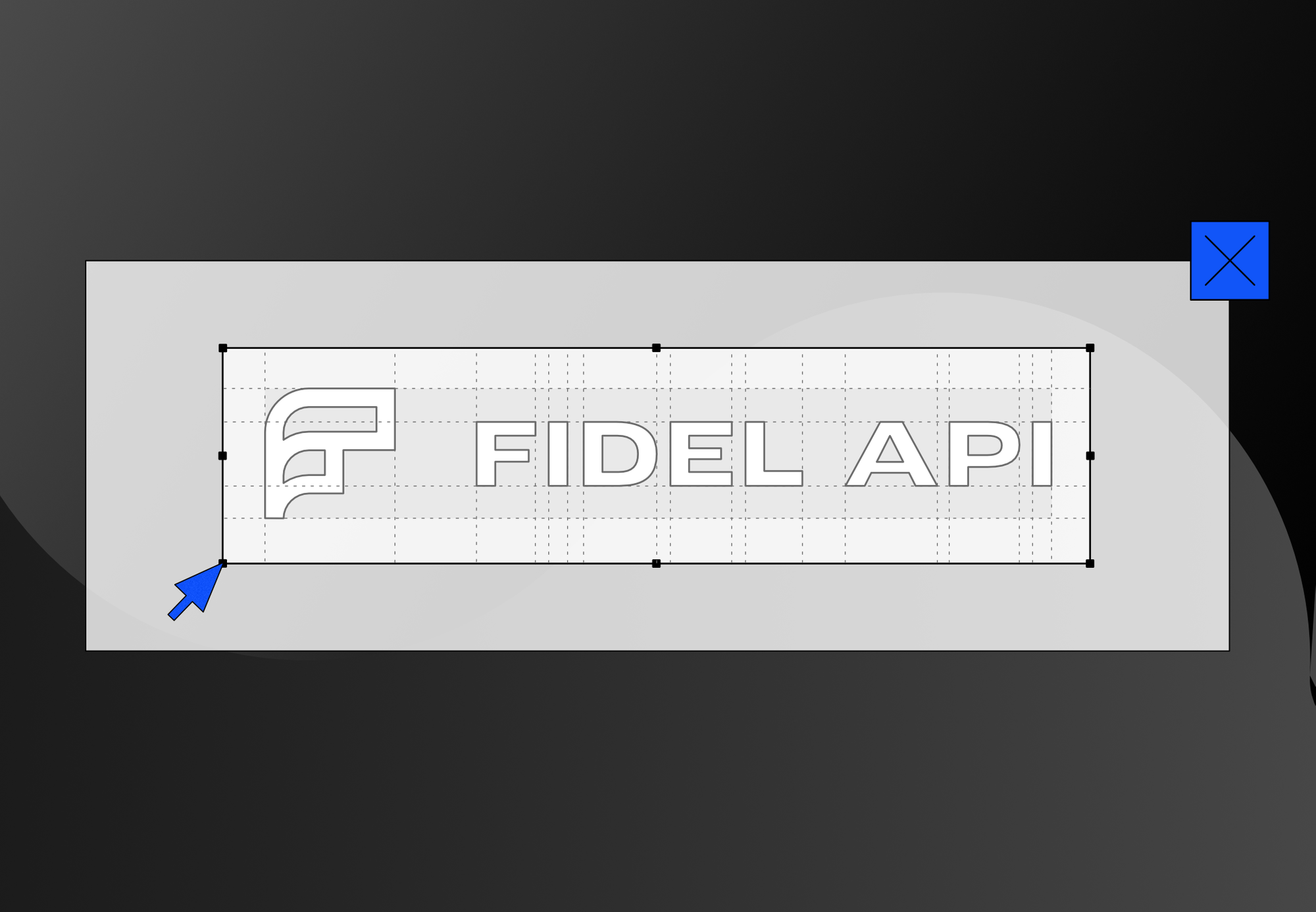Fidel raises an $18m Series A to accelerate FinTech innovation

We are thrilled to announce our first institutional funding round, an $18m Series A, led by Fintech specialists Nyca Partners and QED Investors.
This comes only 20 months after our commercial launch back in January 2018. Since then, we’ve seen incredible demand from the market. Over 700 developers are using the API today, including customers such as British Airways, RBC and Klarna.
The round was massively oversubscribed. We were really pleased to see the level of interest from the market. I see it as a real testament that we have built something that our customers truly value. This new funding will help accelerate our ambitious plans for growth. We have already tripled our team since the start of the year, and we’re looking to double in size again by the end of the year. We're adding a new North American base alongside our current offices in London and Lisbon. And of course, there are lots of exciting product launches and improvements in the pipeline.
Fidel's mission
Our mission is to turbocharge innovation by making the payments infrastructure more accessible to developers. Developers are the innovators of our age. They are changing the world by rapidly building new and innovative services that improve our everyday lives. We believe that - by making the underlying connectivity quick, easy, and cost-effective – we can help accelerate this wave of Fintech innovation even further. Our sole purpose in the ecosystem is to take care of all the heavy lifting in the background, so that our partners can focus on building cool products that bring value to their users.
We couldn’t be happier with the amazing roster of investor partners joining us on this mission. Our lead investors, Nyca and QED, are experts in the space, both as operators and investors. Both funds have a deep understanding of the financial ecosystem and Fidel's place in it. Their portfolios include some massive FinTech success stories, and we’re honoured to be part of this family.
In case that wasn’t enough, the team of investors was further strengthened by Commerce VC, Elefund, 500 Startups, Horizons Ventures and angel investors such as Cris Conde and Taavet Hinrikus, who all have a wealth of experience in scaling FinTechs.
The story so far
It’s been a long, winding road to get to this point - a journey that has taken us 6 years. Back in 2013 we started a very different business to what we are today. Our goal at the time was to give SMEs the tools to better understand and engage with their customers. While the product was growing really fast, we were limited in our options on how to capture a customer’s purchasing information in-store. We were using all the tools available to us at the time, which included QR codes, beacons, wifi and even clunky POS integrations. But the challenge with all of these tools was that they added an extra interaction between the customer and the merchant at the point of sale, creating more friction at checkout.
In order to create a completely seamless experience for both customer and merchant in-store, we needed access to their payment data - in real-time. This was easier said than done.
Navigating the Payments Landscape
We spent the next few years trying to navigate the payments landscape, working with issuers (banks), acquirers, payment processors and card-networks to find a solution. This was pre-open banking and PSD2, which didn’t make things easier.
We discovered first-hand the challenges of working with large financial institutions. From verbal agreement to getting a contract signed took us between 9-15 months. And that’s alongside the processes of security due diligence, building out data governance and privacy frameworks, and PCI-DSS compliance. Even after we signed, what set us back the most was the time it took to integrate with the networks. The process was incredibly slow, outdated and extremely inefficient. In order to get full coverage, we need to complete multiple complex integrations, with the different legacy stacks of the various providers. So we spent another 18 months completing the various integrations required to create a fully agnostic user experience.
That was the moment of realisation: We had spent the last few years building a modern API layer on top of these legacy infrastructures so that our application could communicate with them all. It dawned on us that if we opened up this communication layer to other companies like us (i.e. other fintech startups) we could save them years of hard work, drastically reduce their costs and remove all their compliance burden.
This realisation was the end of one chapter and the start of another. We had a strong belief that if we opened up the API to the wider ecosystem, we could dramatically lower the barriers of entry for other developers, and by doing so we accelerate the adoption of this technology in the market. This ultimately would result in far greater value for the consumer than we could ever produce on our own. This was the genesis of Fidel API.
APIs - the “plumbing” that powers the tech world
APIs help everyone move faster. They make it easier for innovators to collaborate and get expertise on-demand. Instead of building everything from scratch, they can plug into existing infrastructure and get back to what they're good at.
For FinTechs, that's a big advantage. Resources are generally quite constrained and time is an extremely valuable commodity. Money is often better spent on things that their users can touch and feel, rather than on re-building plumbing that someone else has already built. It requires specialist knowledge, that most companies have little interest in acquiring. Hence, connecting via an API becomes a no brainer.
There are benefits for established players, too. Collaborating with tech partners helps them keep pace with FinTech competitors, and reinvent their services with more focus on customer experience.
As for the card networks – they’ve built an extremely robust infrastructure, but it’s being underutilized. The more value for consumers we can build on top of their payment cards, the more relevant they become.
Most importantly of all, APIs mean better results for consumers. For a long time, they've been getting a pretty rough deal. The difficulty of accessing data has meant that businesses haven't been able to build personalised products and services that respond to their needs. Now, the tide's turning. By making it easier to access and build on top of the payments infrastructure, we're accelerating the next wave of innovation that will drive value back to users.
What's next for Fidel
We're already working with a whole host of leading global customers – including British Airways, Royal Bank of Canada and Klarna.
And we're just getting started. The beauty of Fidel's API is that its potential is virtually unlimited. It's as powerful as the creative minds of the people using it; with the bottlenecks removed, there's no barrier to what they can build.
There are some incredible innovators out there, and we can't wait to help them realise their ideas. We see our role in the ecosystem as helping to simplify things for others – empowering them by removing the obstacles, and looking after the heavy lifting. We're excited to see what they come up with as we continue to grow globally.
We’d love to have you join us on the journey. To see how we’re helping our clients, check out our case studies.


